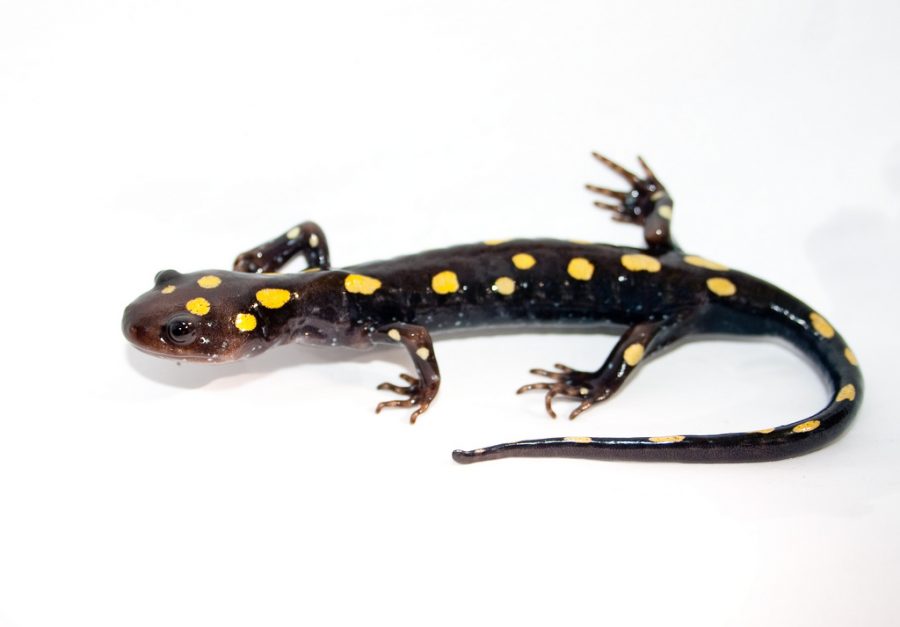Salamander IBET spring field trips may be cancelled
The salamander IBETs may lose their spring trips to the government shutdown. Image courtesy of Flickr acquired through Creative Commons.
February 10, 2019
Due to the unpredictable government shutdowns and reopenings, the salamander IBETs may not be able to go on their spring field trips to collect data for their IBET projects.
“If the government shuts down again, we will not be able to go because [Elizabeth Hartwell Mason Neck] is a national wildlife refuge,” IBET English teacher Stephanie Glotfelty said, “and when it’s national or federal lands, there’s no services provided and so it would be a huge risk, a liability.”
The salamander IBETs have four field trips throughout the year, two in the fall to familiarize themselves with the area and two in the spring to collect data that pertains to each group’s specific projects. However, this year may be different.
“The problem is, if the salamanders have already migrated and laid their egg masses, and if we end up getting there too late, it would very much affect the amount and type of data that we’re able to collect,” Glotfelty said. “And so we might have to resort to using historical data from past years instead of this year’s.”
Using historical data would disrupt many freshman IBET projects, forcing them to come up with a new angle for their full-year studies.
“It impacts my group a lot because in previous years, they have not recorded total dissolved solids, which is the measurement we would like to take,” freshman Elizabeth Brown said. “And so without this data, we would have to change a lot of our project in order to fit what data has been collected in the past.”
Students would also lose an opportunity to collect data in the field, which is a main focus of this IBET. Additionally, this year’s IBET group would not be the only year affected by the shutdowns and potential loss of field trips.
“It would mean that for future years, we have a gap in the data– one year that we don’t have information for– and that would end up being detrimental to any future students who wanted to look at historical data as their project,” Glotfelty said.






